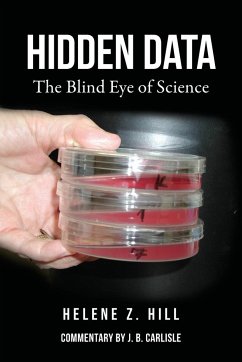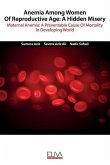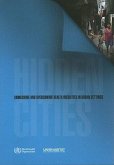Dr. Helene Hill learned this the hard way when she stumbled on evidence, nearly two decades ago, in a trash can, that a young assistant in a colleagues' lab was concealing his fabrication of data. But neither the assistant's supervisor (then an un-tenured faculty member) nor the university, nor the government watch dog charged with investigating misconduct believed Hill. The case dragged on for years, and all the while, "science" based on the original cooked study went on, generating peer-reviewed publications and $2.5 million dollars in new federal grants, all based on the initial refusal to fully examine the evidence of misconduct. In the end, Hill lost a qui tem lawsuit as well as its appeal. But, the evidence in her statistical analysis points to the certainty that the data was cooked. What Hill learned is that the scientific evidence of misconduct takes a back seat, in the law, to the process that defers to internal politics within universities, including those (like hers) which are notoriously replete with illegal self-dealing, hand-shake agreements, and the promotion of morally bankrupt pursuit of funding and fame at the expense of research standards that protect human health and promote healing.
Hinweis: Dieser Artikel kann nur an eine deutsche Lieferadresse ausgeliefert werden.
Hinweis: Dieser Artikel kann nur an eine deutsche Lieferadresse ausgeliefert werden.








